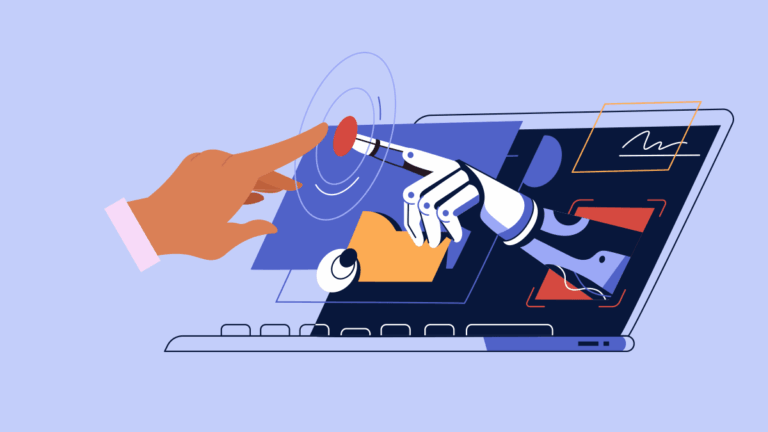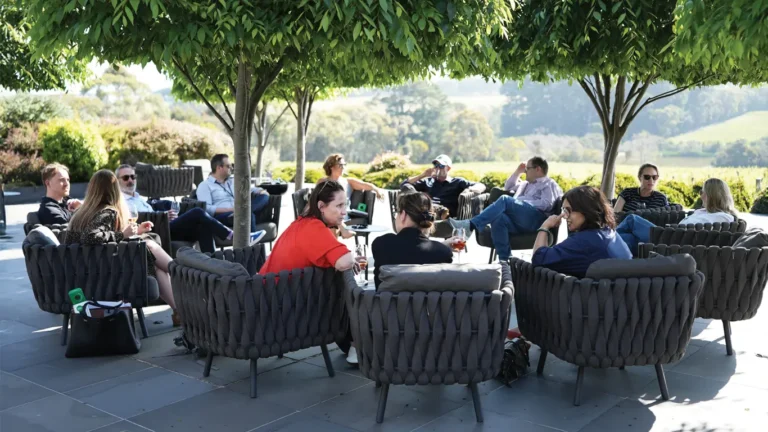

This scenario is purely hypothetical, but it could be possible. Technology is developing at an exponential rate, and although we do not know what the future will hold, we can be certain it will be further changed by technology and its evolution.
“We will experience more change to our personal lives and legal services in the next two decades than we have in the past two centuries,” says Susskind.
We are witnessing the real-time commoditization, industrialization and digitization of the law. The legal market is already experiencing a metamorphosis as new competitors make themselves known, and humans are no longer the only ones who can solve legal problems.
Driving this change is the exponential development of technology. “Processing power, hard disk capacity, memory and bandwidth are all growing at an exponential and explosive rate,” says Susskind. He adds that rather than leveling off, the pace of change is accelerating to a point greater than humanity has ever seen. “Our systems are becoming increasingly capable.”
It is now commonplace to hear of technological breakthroughs, with new apps, systems and start-ups pushing the boundaries of what we historically thought could only be undertaken by humans. This capability leads to pervasiveness.
“By pervasive, I’m not just referring to handheld phones and laptops, rather the internet of things, chips embodied in everyday objects, humans becoming more linked and connected to one another,” says Susskind. The more people who are online, the more pervasive our connectivity is.
Pondering the reality of more capable, pervasive and evolving technology may scare people, lawyers in particular. One only has to look to the countless apocalyptic sci-fi films such as ‘Mad Max’ and ‘Dune’ to appreciate humanity’s uneasiness about technological development. Yet accepting this truth and focusing on how we can use technology to our advantage is the way forward. Burying one’s head in the sand isn’t.
Reflecting on the past two decades alone, society has been transformed by technological developments. Social media has redefined how we interact, generated entire new professions in content creation and given marketing a direct line into our minds. Remote working has redefined how white-collar workers can do their jobs. The internet has become an online market of virtually anything you need, from groceries to outsourcing work to cheap offshore resources. And apps are a part of our everyday lives.
“It’s safe to assume that our lives in 2030, both personal and in legal services, will be changed by technologies that do not exist yet,” says Susskind, noting that Artificial Intelligence (AI) will have a significant role to play in these new developments. “I want to make it very clear that this is a defining era in the evolution of humanity that is happening on our watch. We have to take it seriously in the law.”
What makes AI so powerful is its ability to absorb and make sense of data through machine learning. Susskind likens this to learning a language in school versus by immersion. When learning vocabulary and grammar, it can still be hard to speak and absorb a new language. On the contrary, when one immerses themselves in the culture of a new language, they subconsciously absorb huge amounts of data – from hearing others speak, watching television, listening to the radio and even reading shop signs and navigating foreign grocery labels.
“As humans, we have a huge capacity to absorb huge amounts of data and make sense of it,” says Susskind. “This is what machine learning does.”
Machine learning systems absorb vast amounts of data, and clever algorithms make sense of that data to discern patterns and trends. What is remarkable is that if we have enough past data, we can make very accurate predictions about the future. “AI is relentless, it is rigorous, it never has a hangover or suffers from Friday afternoon syndrome.”
Some lawyers may be perturbed by this faith in technology, but as Susskind says, it all comes back to client outcomes. People don’t want to buy a lawyer’s (rather expensive) time. They want the best and most cost-effective legal result. Chief Executives and private practice clients will always be interested in legal alternatives that offer faster, more accurate and cheaper services than their human counterparts can produce.
“There’s no finishing line. No one in Silicon Valley, China or South Korea is saying the job is done,” says Susskind. “Rather, they say the pace of change is accelerating, which leads me to what I find to be the most exhilarating and disconcerting aspect of all of this – what I call uninvented technologies.”


